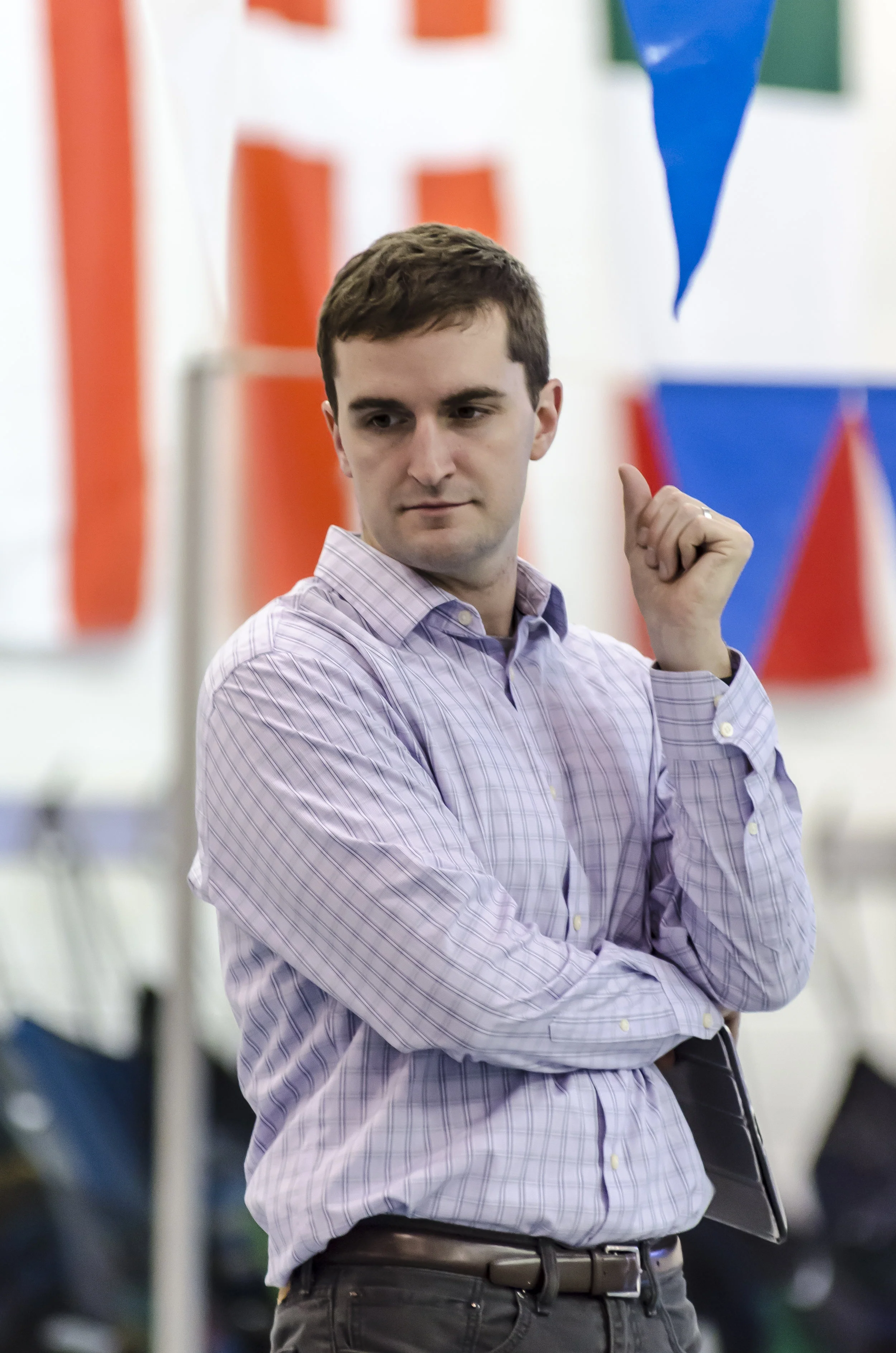Yesterday, USA Swimming announced its Club Excellence Results for 2018. Nations Capital Swim Club led the rankings for fourth consecutive year.
There are a lot of critics of the rankings. The biggest criticism by far? That the rankings favor not just large clubs, but the biggest of the big.
I've never coached a true USA Swimming club, and my livelihood doesn't depend on these rankings. But I know a lot of people that do. So I want to examine the purpose that USA Swimming sees behind ranking clubs in this way, and whether the criticisms are fair.
Ranking is Good
First off, let me acknowledge one obvious but probably understated fact. Ranking clubs is the right thing to do for a national governing body like USA Swimming.
I coached club swimming outside of the US in Denmark, and one of my primary frustration was that we didn't even have scored meets. Medal count (1st,2nd and 3rd) was the primary marker for deciding on how clubs stacked up.
Because of this, clubs were motivated to produce "medalists", and in my opinion, less than focused on helping swimmers who were not potential medal winners on the national level.
That medal focus meant a lot of squandered opportunity for Danish swim clubs. What is important in the US context to recognize is that if USA Swimming did nothing to rank clubs, there would still be some ad hoc way that clubs measured themselves against each other, and it would probably be worse (like medal count). So credit to USA Swimming for stepping into the void.
What Do We Want?
USA Swimming has some stated goals for the program. Let's take them one by one:
"Promote the development of strong, well-rounded age group..." Pretty simple, they want to avoid teams focusing on a small number of swimmers. However, the rankings do not account for age whatsoever. The assumption made by USA Swimming is that producing the high level results necessary for scoring in the program is a byproduct of "well rounded age group" training.
"and senior swimming programs that produce elite 18 & under athletes." They also want senior swimming and "elite" junior swimmers. The standards used for scoring are designed for these athletes, with the "gold times" specifically set to international world rankings from the previous year.
"Provide recognition and resources to motivate and assist member clubs to strive for the highest ideals of athlete performance". They believe these rankings will promote the two above goals.
So Tell Me How It Works Again...
If you're confused, so was I the first 100 times I tried to understand this program. Let me try and give one case of how NCAP got such a high ranking this past year.
The "points" scored are "FINA Points". FINA points are built on a scale where 1000 is equal to a world record swim. So for example, in the 200 Butterfly, a 1000 point swim is 1:51.51, the same as Michael Phelps world record.
Confusingly, USA Swimming has its own, similar, "power points" system that is not FINA points, which you can find when you do a time search for a swimmer.
Anyway, one of the biggest reasons NCAP got a high ranking was Sam Pomajevich. The University of Texas freshmen swam a 1:57.62 in the 200 fly this past summer. That swim gave him 852 FINA points.
Because that time also achieved the club excellence "gold" ranking, that total was doubled, meaning Pomajevich scored 1704 points (NCAP's total was 91,597) with just one swim. A swimmer at Pomajevich's level alone can account for tens of thousands of points in this scoring system.
What Does It All Mean?
It's hard to think of a system that doesn't reward club size. Having a large club with large membership, by sheer probability, increases the likelihood of both there being a swimmer like Pomajevich and a lot of swimmers at the senior level who can achieve these time standards. If the rankings were changed to account for "depth", larger swim clubs would likely have an even bigger advantage.
These rankings ought to have more thought, however. Large clubs are definitely a more successful business model, and consolidation is happening because of that. But USA Swimming doesn't need to provide an additional boost of marketing to this end.
Large club size is not how American swimming dominates internationally, in fact it is the inverse. We are dominant because we have many places where excellence can grow, not increasingly fewer, coupled with a huge population base.
Small countries that punch above their weight (Denmark, Sweden, the Netherlands) do so because they create an astounding amount of opportunity for both athletes and coaches despite their small population base.
China flounders for its population base because despite a huge investment in outside coaching and chemicals because you have to be elite of the elite to get access to top notch coaching, and there appear to be almost no development or opportunity for domestically born coaches within their system.
Likewise, Russia would probably have some incredible clubs in this ranking system. Their focus on producing "elite" juniors with similar tactics to the Chinese has payed off at the European Junior level. But they are pathetic on the international senior stage, and again must rely heavily on coaches outside of their system to take swimmers to a top international level.
All food for thought as we ponder another year of "club excellence". Do we want big clubs? I say no, and it's up to us to put pressure on USA Swimming to come up with something better.









